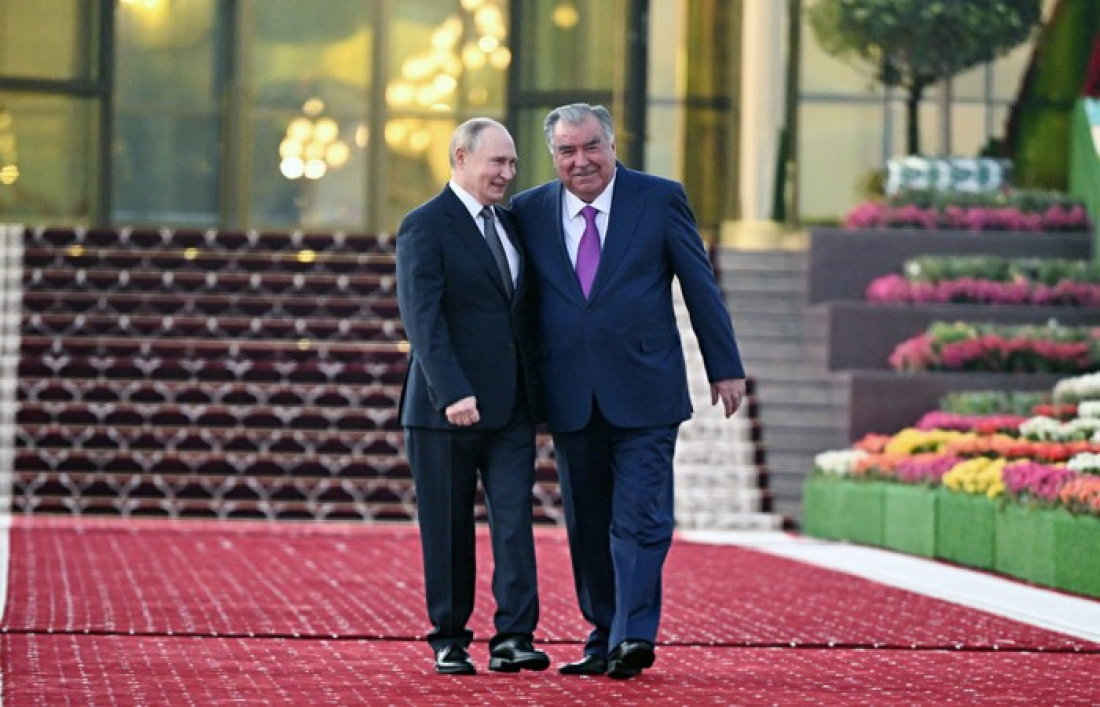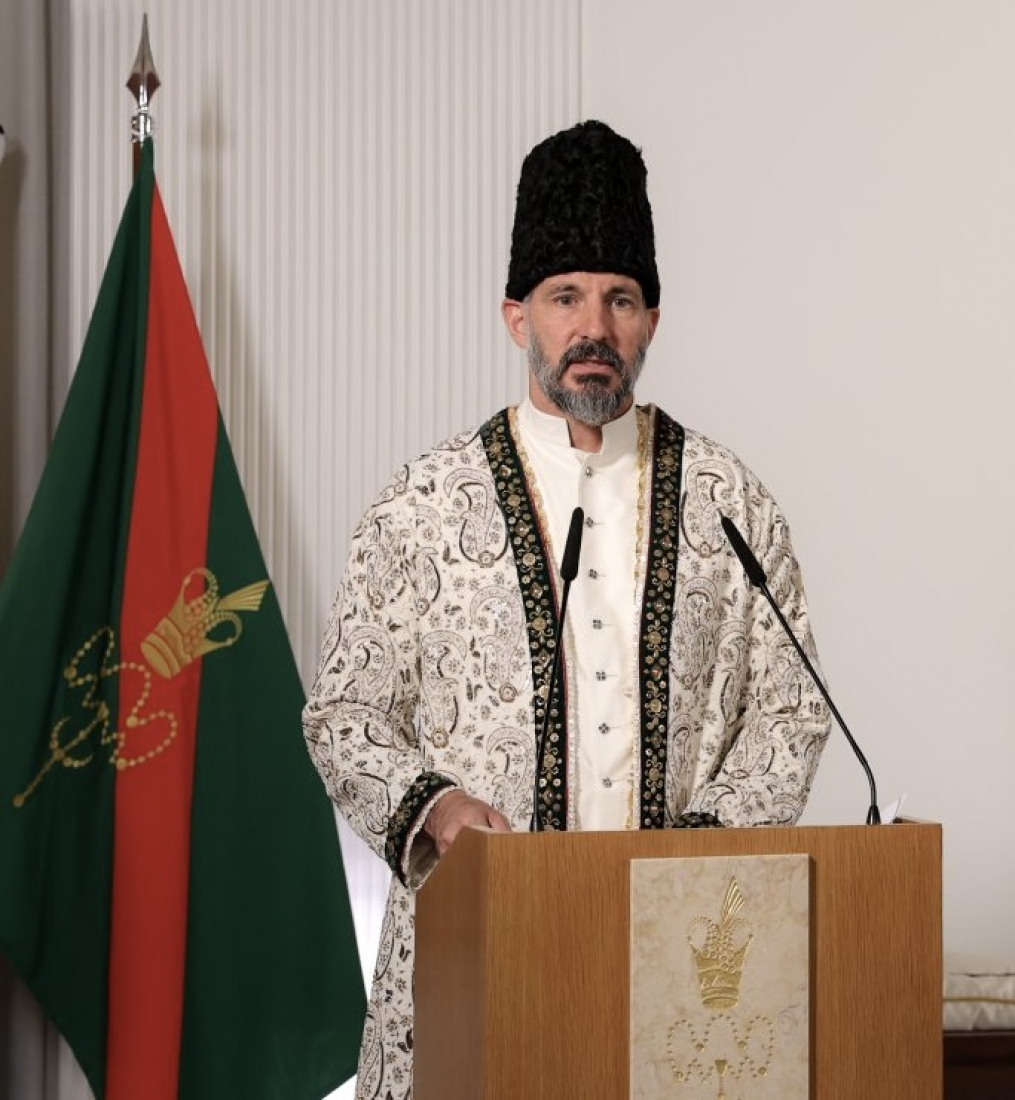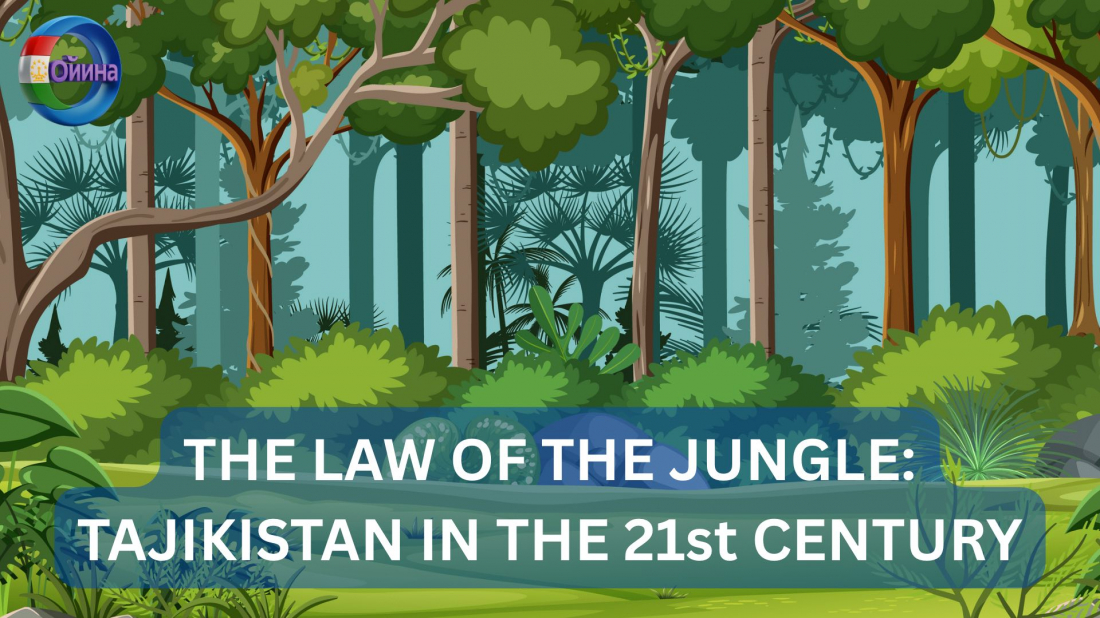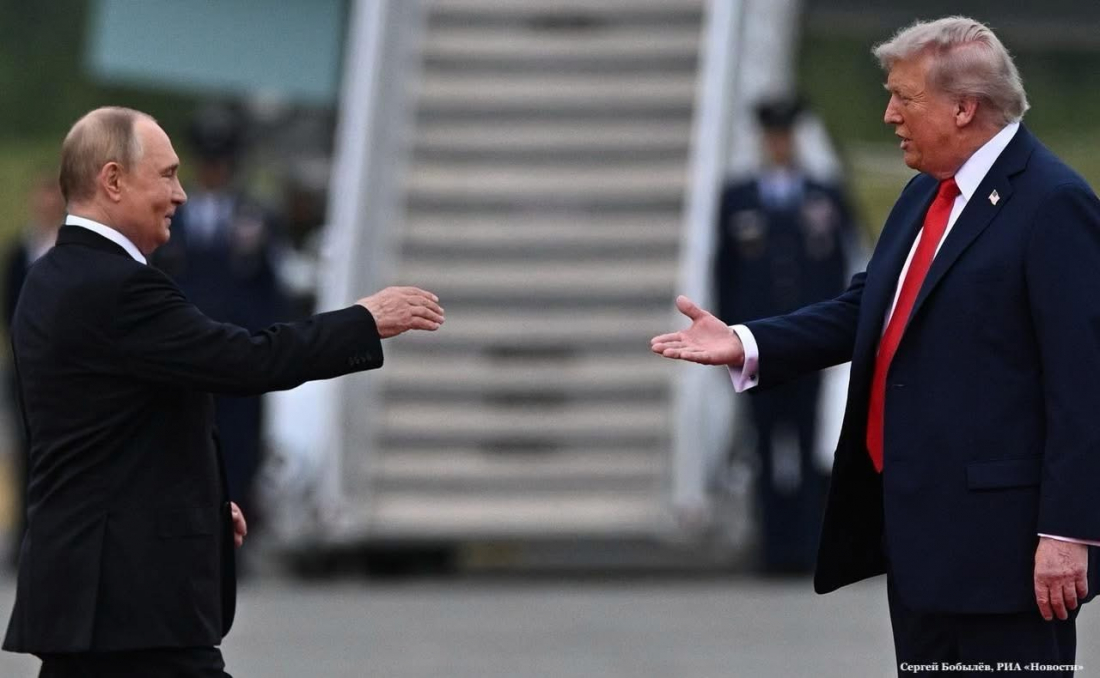
The Game of “Democrats” and “Republicans”: The Future of Democracy in the Context of Opposition
In today’s political climate, while laws and norms evolve to meet the times, the principles of democracy remain unchanged.
The principles of pluralism and freedom of expression are the foundation of democratic societies, guaranteed by Article 19 of the Universal Declaration of Human Rights:
Everyone has the right to freedom of opinion and expression; this right includes the freedom to hold opinions without interference and to seek, receive, and impart information and ideas through any media and regardless of frontiers!
These rights should foster healthy dialogue and societal growth. But what happens when the principles of democracy are distorted not only by governments but also by the opposition?
In modern political rhetoric, artificial labels often emerge, dividing society into “supporters” and “opponents.” While no international document or law obliges one to join a particular political movement, in some countries, the opposition sometimes creates the illusion that only its support is necessary to protect the citizens’ interests. This diminishes the spirit of pluralism and freedom of choice, creating a basis for pressuring supporters of other views, subjecting them to attacks and accusations. Law and rules are replaced by divisions between “correct” and “incorrect” supporters.
Dictatorship in opposition has become a hidden threat.
When we talk about government dictatorship, we cannot ignore the authoritarian tendencies manifesting in opposition movements as well. In a political landscape where ideas and perspectives have stagnated, leaders are unwilling to make room for new faces and fresh initiatives, turning democracy into a mere ghost of itself. A prime example of this situation is a party led for years by an “infallible leader,” who dictates rules and does not allow party members to participate in governance. This approach creates vulnerabilities, weakening any structure and distancing it from democratic principles, namely the change of power.
Examples of democratic accountability can be clearly seen in Austria.
The history of democratic countries like Austria shows that leaders can put the public interest above personal gain and do not sacrifice society’s aspirations for personal benefit. In 2019, Austrian Chancellor Sebastian Kurz resigned after corruption allegations and proposed dissolving the government, even though the allegations were unfounded. He repeated this action in 2021, resigning again. These acts demonstrate his commitment to democratic principles and readiness to take responsibility for mistakes or accusations. However, among our politicians, whether in government or opposition, despite serious mistakes, they retain their positions. A role model among our politicians, besides the late Kakhar Makhkamov, is nowhere to be found.
Today’s Tajik society requires a political renewal that meets the challenges of the times. Without this, the development of a democratic society will be impossible if power, whether in the government or the opposition, is not subject to change.
Democratic principles, such as power turnover and freedom of beliefs, must apply to all political entities, whether government or opposition. Young and energetic leaders who could bring new ideas and perspectives are often restricted by old figures whose sole aim is to protect their positions, leading to catastrophic consequences.
Political dictatorship in the opposition, just as in the government, threatens societal progress by hindering new opinions and change. As a result, the opposition weakens, losing influence and trust. To strengthen democracy, it is crucial to create conditions for the turnover of political leaders to become a regular occurrence.
When the political space is occupied only by old figures, it loses flexibility and readiness for change, losing its ability to adapt to modern realities. This issue is perpetuated by influential figures like “experienced leaders,” who strive to maintain their positions for years.
Instead of effective dialogue and a competitive environment, we face stagnation and repetition of the same outdated ideas. The image of the so-called “author of ten or a hundred (un)written books” symbolizes that leaders are more concerned with preserving their status than achieving real accomplishments.
Such personalities may hold high positions and display “authority,” but behind this lies confusion, lacking clear perspectives and genuine programs to address pressing issues.
This approach severely harms the political culture, fostering distrust in both government and opposition and generating disappointment in their ideas.
The political process requires constant renewal and a change of leaders to meet contemporary challenges. In a stable democratic society, any mistakes or loss of trust often lead to voluntary resignation of leaders, but in the case of today’s “luminaries,” admitting mistakes is almost impossible. Instead of stepping down and not deepening the crisis, leaving room for others, all their energy is spent on retaining their own position.
This contributes to the decline of the political process, turning the opposition into a closed system, fighting not for citizens’ rights but for the preservation of individual personalities. The result of this process could be disastrous when the efforts and aspirations of like-minded people are sacrificed for a single individual.
The roots of many problems, both in government and the opposition, lie in a deep management crisis, which no longer raises disputes.
Moreover, the clan-based mindset, which has held the country in a deplorable state for years, has infected the opposition. In fact, it has taken root! Taking a step forward here, only to be held back there, as if competing against one another.
Authoritarianism in the opposition has already turned their claims of being “people’s defenders” into a myth.
In a democratic society, power turnover, considering citizens’ opinions, and transparency of actions are fundamental principles. But when leaders avoid change, accusing opponents of conspiracies or filing charges against young activists, such organizations lose their connection to democratic values.
An opposition that refuses internal reforms becomes a “mirror” of an authoritarian government.
If we aspire to a democratic society where ideas and policies truly serve the citizens, the older generation must respectfully step aside and make way for those capable of bringing new initiatives. Only this way can we create conditions for healthy political competition, where true democratic principles such as freedom, rights, and equality are upheld and supported.
The future of the democratic process largely depends on the courage and ability of the youth to reject old, outdated ideas that have yielded no results.
It is time to renew the political space. Tales like “our opposition is stronger compared to Uzbekistan and Turkmenistan, or our country is more stable than Afghanistan” no longer lull anyone to sleep.
The moment has come when political leadership, mired in mistakes and political incompetence, can no longer find excuses by blaming others. On the contrary, it must acknowledge its mistakes and step aside with dignity, making room for new ideas.
The prolonged “Democrats” and “Republicans” game in our society has weakened trust in both sides on the political stage. We need new ideas, perspectives, and legal mechanisms to elevate our political process. The principles of democratic power turnover should also apply to the opposition, allowing it to fulfill its role in society.
Otherwise, we risk that authoritarianism becomes the norm both in government and among those who call themselves “defenders of rights and freedoms in society.”
And finally, the question remains open: can a free society develop if both government and opposition are mired in authoritarian isolation?













